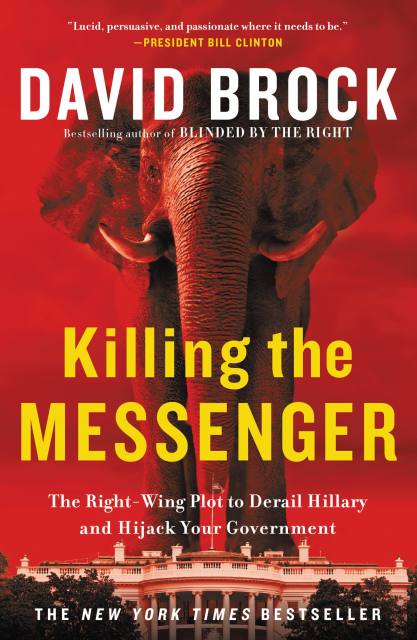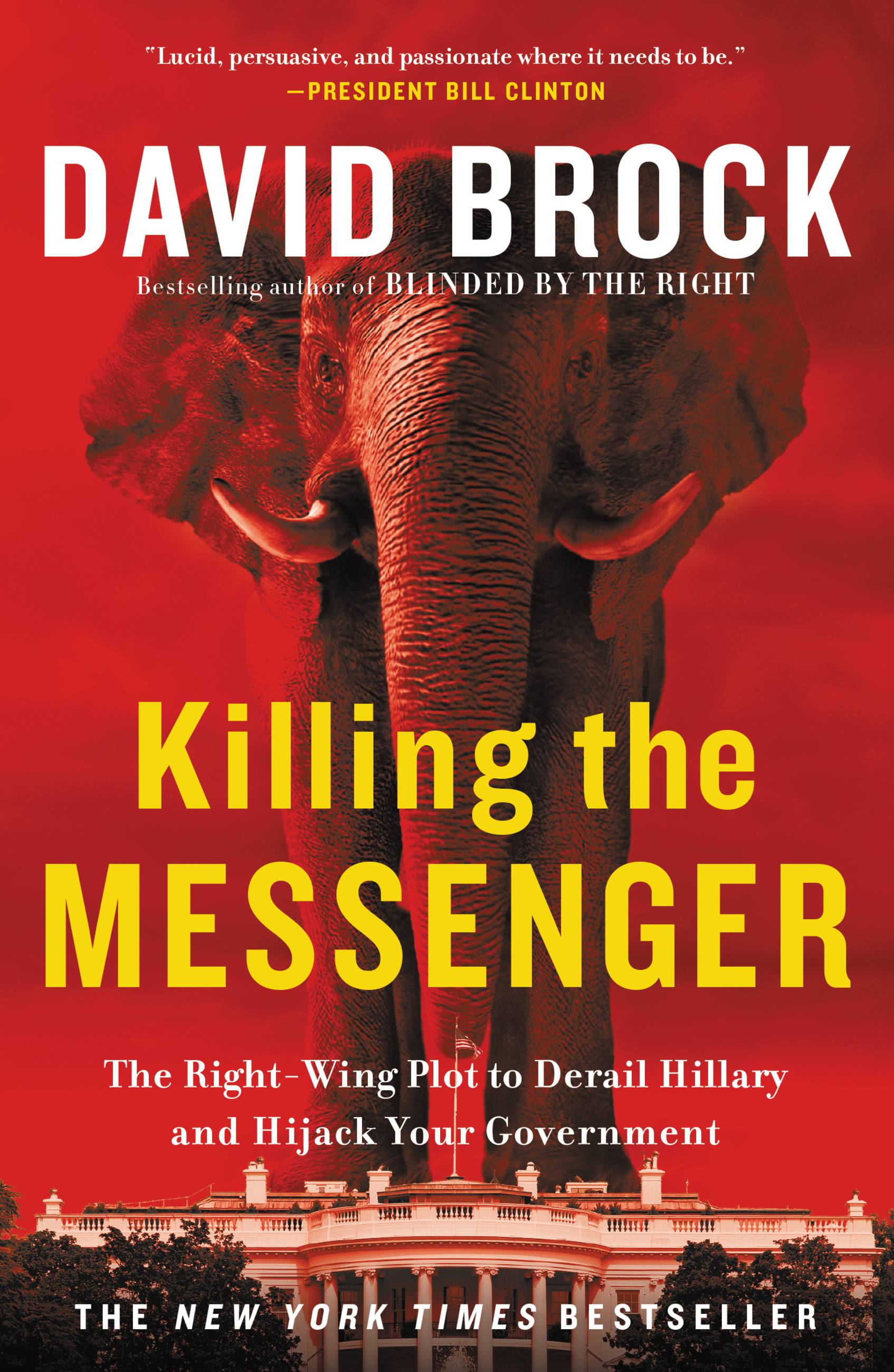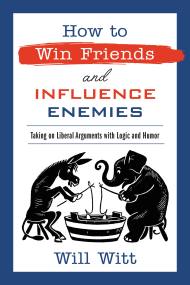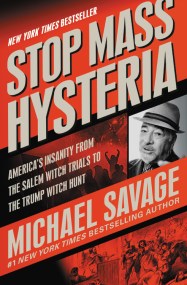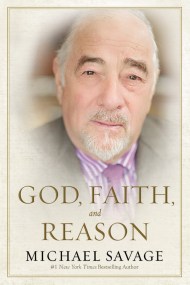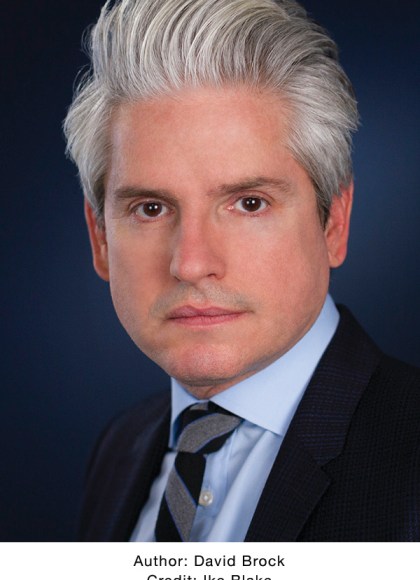Promotion
Use code MOM24 for 20% off site wide + free shipping over $45
Killing the Messenger
The Right-Wing Plot to Derail Hillary and Hijack Your Government
Contributors
By David Brock
Formats and Prices
Price
$11.99Price
$15.99 CADFormat
Format:
- ebook $11.99 $15.99 CAD
- Audiobook Download (Unabridged)
- Trade Paperback $21.99 $28.99 CAD
This item is a preorder. Your payment method will be charged immediately, and the product is expected to ship on or around September 15, 2015. This date is subject to change due to shipping delays beyond our control.
Also available from:
David Brock is the ultimate happy warrior. Once a leading right-wing hit man, Brock is now the Left’s pre-eminent defender and truth-teller.
In this incisive, personal account, Brock disarms the major tentacles of the Republican Leviathan: the Koch Brothers, the Clinton haters, and the Fox Noise Machine. With the acumen of a seasoned political player, Brock takes readers inside his Democratic war rooms and their 24/7 battles with right-wing forces for control of the story lines and messages that will decide the 2016 election. And he chronicles his own evolution from lead Clinton attack-dog to one of Hillary Clinton’s fiercest defenders as he knocks down the conservative case against her.
Finally, Killing the Messenger provides the no holds barred playbook for what the new right-wing conspirators will do in this election cycle to tear apart the electorate-and what good, engaged, and informed citizens can do to stop them.
In this incisive, personal account, Brock disarms the major tentacles of the Republican Leviathan: the Koch Brothers, the Clinton haters, and the Fox Noise Machine. With the acumen of a seasoned political player, Brock takes readers inside his Democratic war rooms and their 24/7 battles with right-wing forces for control of the story lines and messages that will decide the 2016 election. And he chronicles his own evolution from lead Clinton attack-dog to one of Hillary Clinton’s fiercest defenders as he knocks down the conservative case against her.
Finally, Killing the Messenger provides the no holds barred playbook for what the new right-wing conspirators will do in this election cycle to tear apart the electorate-and what good, engaged, and informed citizens can do to stop them.
Genre:
- On Sale
- Sep 15, 2015
- Page Count
- 304 pages
- Publisher
- Twelve
- ISBN-13
- 9781455533749
Newsletter Signup
By clicking ‘Sign Up,’ I acknowledge that I have read and agree to Hachette Book Group’s Privacy Policy and Terms of Use
